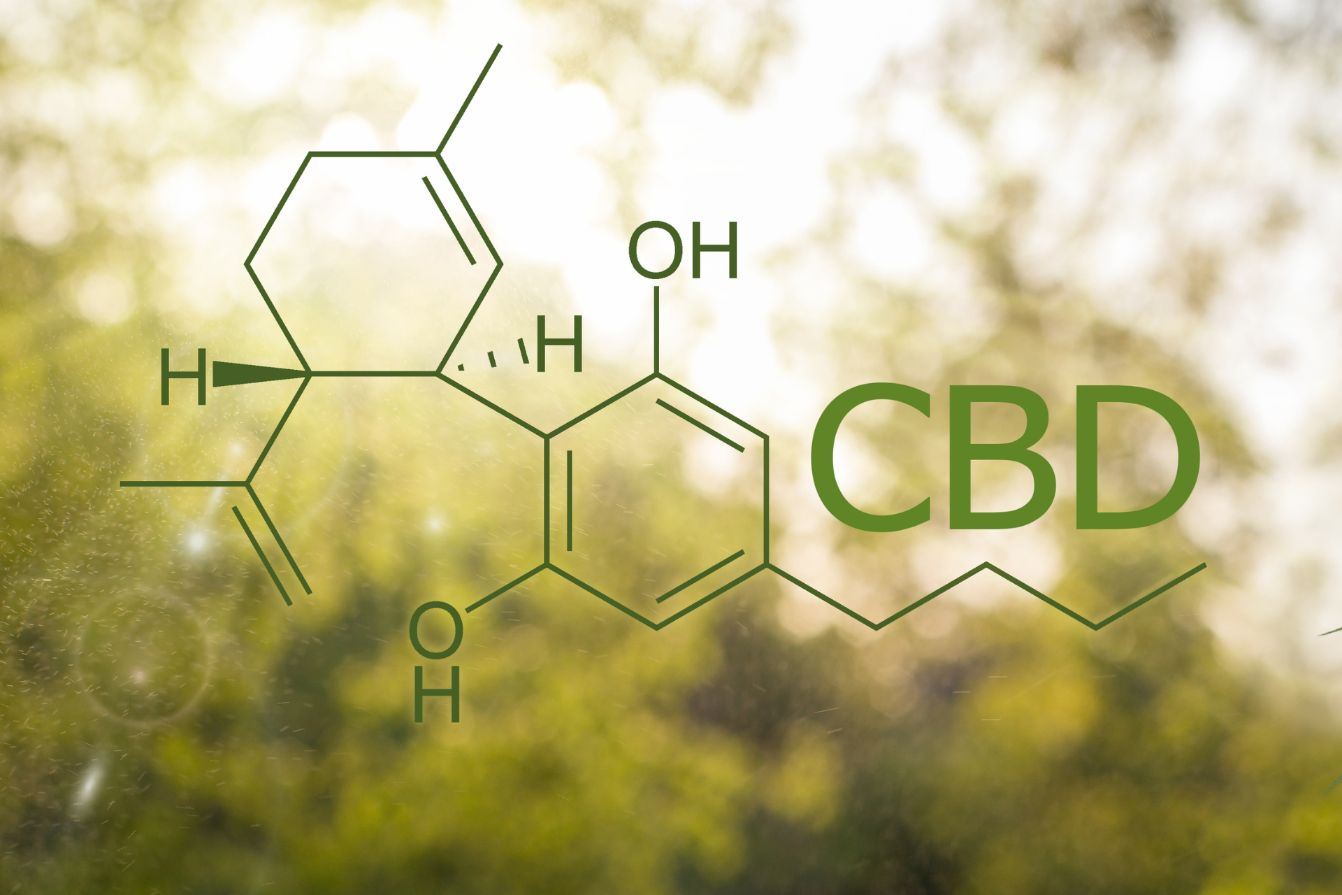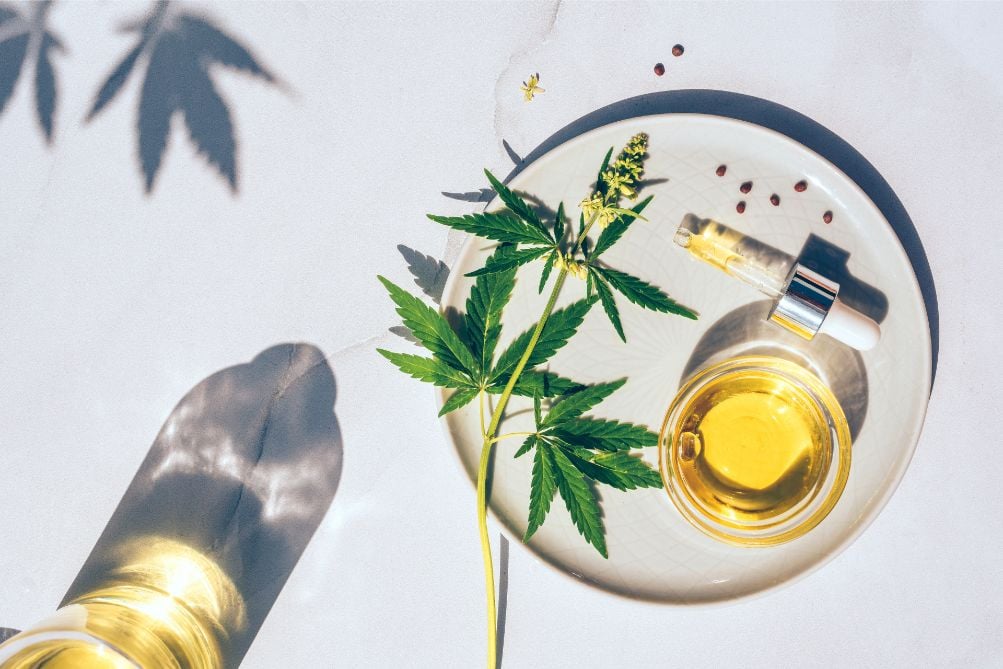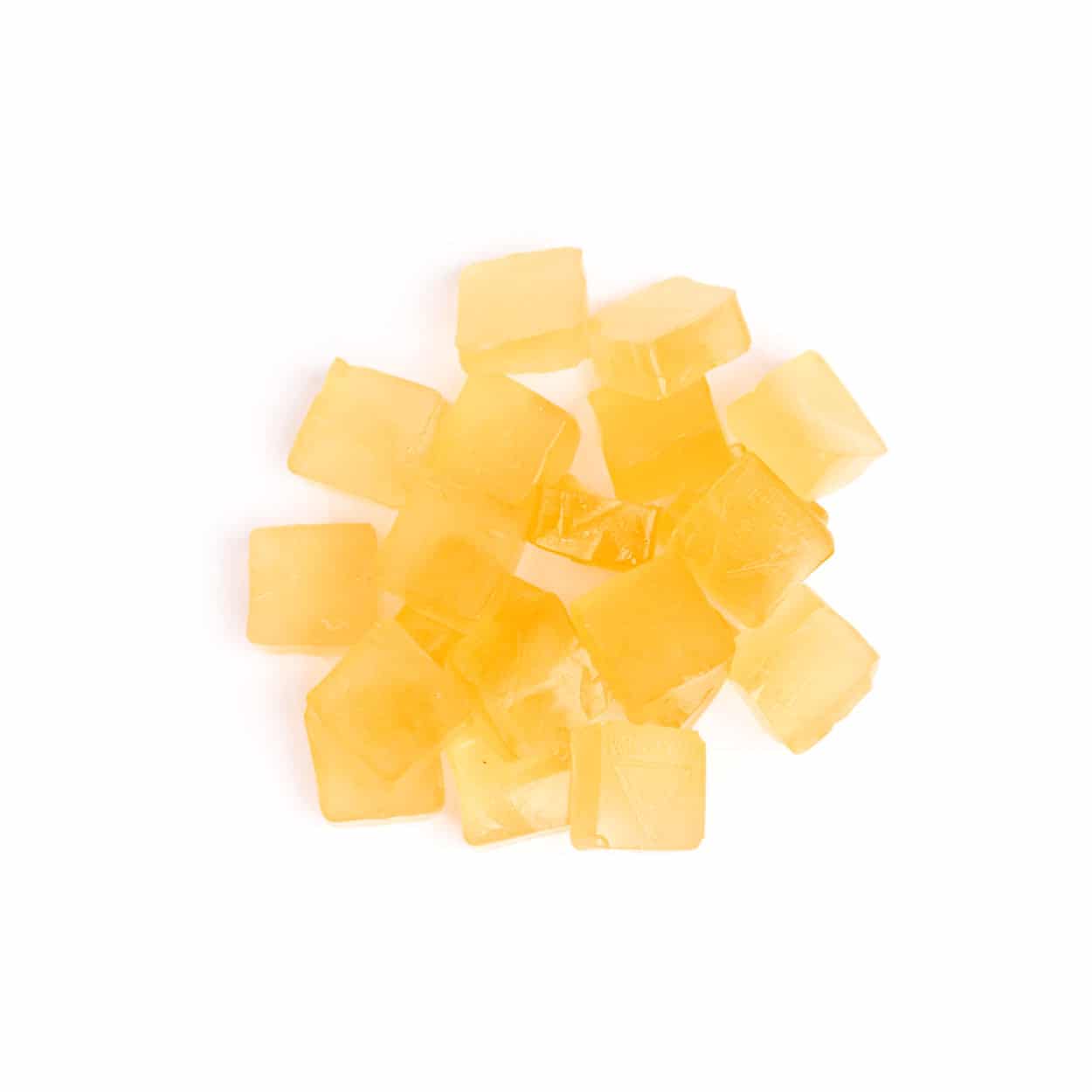CBD FAQ
CBD (or cannabidiol) is one of over 113 cannabinoid compounds derived from the cannabis plant. The most well-known cannabinoid is THC (tetrahydrocannabinol). Unlike THC, CBD has therapeutic benefits without being psychoactive.
CBD interacts with the CB1 and CB2 receptors in the endocannabinoid system. CBD boosts the function of these receptors, causing them to increase levels of dopamine, and serotonin levels. CBD may also reduce inflammation, treat PTSD, treat skin, and even treat epilepsy. It is also taken daily like a vitamin. The intention is to help with general health and wellness.
There are three main kinds of CBD oil: Full-Spectrum, Broad-Spectrum, and CBD Isolate. These three designations refer to the content in the CBD product.
- Full-Spectrum CBD has a full breadth of other compounds, including terpenes and 3% THC or less.
- Broad-Spectrum is much the same only it has had the THC filtered out completely.
- CBD Isolate is solely CBD and nothing else.
CBD oil (or cannabidiol) is one of over 113 cannabinoid compounds derived most commonly from the cannabis plant. Unlike THC (tetrahydrocannabinol), the most well-known cannabinoid, CBD oil has therapeutic benefits without being psychoactive.
CBD oil interacts with the CB1 and CB2 receptors in the endocannabinoid system. It boosts the function of these receptors, causing them to increase dopamine, and serotonin levels. CBD oil may also reduce inflammation, treat PTSD, treat skin conditions, and even provide therapy for epilepsy.
The answer to these two questions should be determined by you and your doctor, and you should follow the instructions. Both the dose and the method of consumption is unique to your individual needs. These are several ways to consume CBD oil, from tinctures, oil vaping, and capsules, to topicals.
No. CBD has no psychoactive effect like THC does. Although full-spectrum CBD oils contain trace amounts of THC (3% or less), it can be bought and sold legally in Canada. If you face random drug tests, you may choose a CBD oil with zero THC content.
Simply put, isolate CBD oil is made by isolating out the CBD from the other cannabinoids like THC. Full-spectrum CBD oil contains other cannabinoids and trace amounts of THC. Some people need to be sure that they are only consuming CBD. Others are more interested in the “entourage effect” and so might opt for full-spectrum CBD.
CBD oil is made from either the hemp or cannabis plant. Hemp oil is derived exclusively from the hemp plant.
Among some of the highest CBD strains are Charette’s Web, ACDC, Dancehall.
Although research on CBD oil is still on-going (updates can be found in our helpful blogs), Many people report a positive effect on not just their condition, but also their general health and well-being.
CBD and THC can deliver a synergistic effect that may be more therapeutic than CBD alone. If you are in a situation that allows you to be high, you could use a 1:1 ration CBD. Another option is to take a full-spectrum CBD product made from industrial hemp (low in THC but does include other cannabinoids and compounds).
Even full-spectrum CBD Oil does not have enough THC for you to fail a drug test. But for those who are still concerned about random drug test results, there are CBD Oil solutions with 0% THC.
Pricing is based on potency, in dollars per milligram. Quality is important for assurance of content and safety. So, CBD oil products do range in price, but typically, it will cost around $50-100 per ounce.
No. CBD has no psychoactive effect as THC does. Among many therapeutic benefits, it may boost certain cognitive functions, but it doesn’t get you high.
There are some side effects, but mostly when CBD is taken frequently and in larger doses. This may include some non-serious side effects like fatigue, diarrhea, mild nausea, and dry mouth. Once the consumer reduces or stops their dosage these effects fade or stop entirely.
Whether you are consuming gummies or any other kind of CBD product, CBD may not mix well with other medications, so it is always best to consult with your doctor before you begin taking CBD.
For the most part, yes, However, CBD gummies can cause certain side effects such as dry mouth, diarrhea, reduced appetite, drowsiness and fatigue.
There are several CBD products, and they take many forms, from drinks, capsules, and tinctures, to lotions. A big reason to choose gummies is taste, like the taste of Ganjagrams gummies.
Control is another benefit of CBD gummies. You know exactly how much CBD is in each gummy. Just pop it in your mouth and go, without worrying about how much you’re taking.
The answer to this question varies. People react differently, for various reasons. Most people should only have one gummy a day. Try one and see how it works after an hour.
Yes, but if you’re looking to localize treatment on some parts of your body, a topical might be better.



